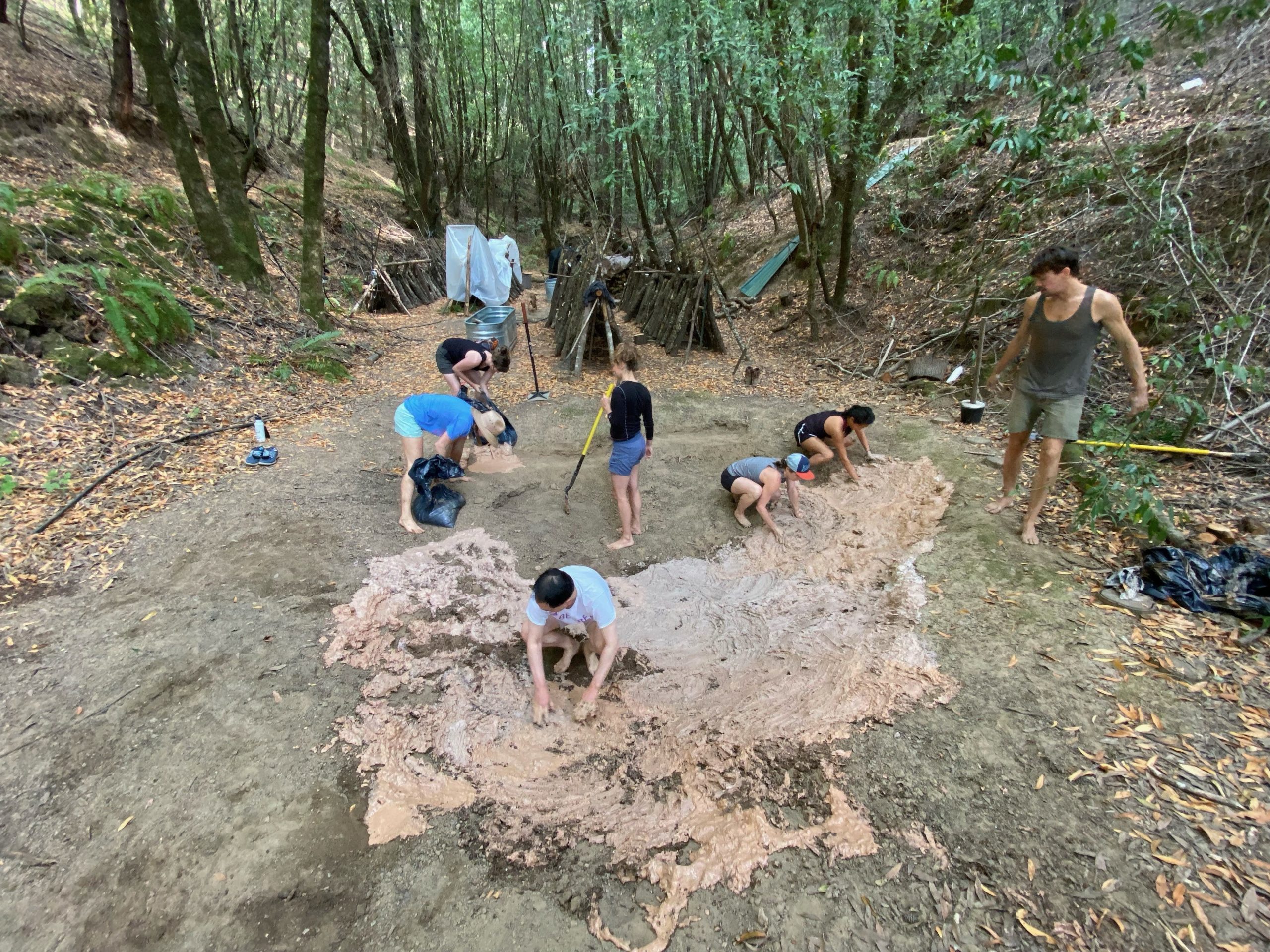-Shreyosi Chakraborty

Climate change poses a huge threat to the people, places and their livelihoods. To combat the same, Terra.do’s, an online global climate school, is offering several programmes for climate change enthusiasts. Launched in April 2020 by Anshuman Bapna, Terra.do is an online education platform that teaches individuals about solving climate change. It has a strong mission to get 100 million people working towards tackling climate change by 2030.
Climate Farm School: This is a four-week programme both online and offline where one can get their hands dirty on a working farm (one week) and students will be taught about the impact of climate and solutions within food systems. An on-farm view of climate solutions makes the programme perfect for both farmers wanting to develop a stronger climate knowledge base and non-farm folks like business professionals, tech workers, policymakers, entrepreneurs. This learning experience will help one to develop the knowledge, critical thinking, and collaborative skills they need to work on the problems of food systems and climate adaptation/mitigation anywhere in the world. This course will also scaffold, support, and structure one’s transition into a food and climate-focused career if that is ones’ goal.
Climate Designer: This seven-week course focusses on practicing designers & creative professionals from the related fields on making a meaningful impact using one’s current skillset. A deep dive into the curriculum perfect for professionals who want to contribute to a larger positive change with their work including Industrial designers, graphic designers, UX/UI designers, UX writers, service designers, design strategists, illustrators, videographers, design-centric product managers, and so many more.
Electric Vehicles and Fleet: A six-week course on challenges and opportunities from the long due electrification of commercial fleets, operators, partners, entrepreneurs, investors, and other professionals dealing with the electric mobility revolution can benefit immensely. This course on EV fleet management is perfect for commercial fleet managers and owners. However, the program begins with an exhaustive overview of the technology, infrastructure, policy, and economics of EVs, and as such is designed for anyone dealing with an impending EV transition at scale – from auto industry players to city planners and more.

To understand the concepts more Education World spoke to Arti Dhar, an alumna of the Terra.do’s Climate Farm School programme, who is also the co-founder of Farmers for Forests.
Currently, working as the senior manager at Climate Impact Partners, Arti helps companies achieve carbon neutrality or make progress towards their net zero goals. Farmers for Forests, a not-for-profit organization based in India that is working towards protecting and increasing India’s biodiverse forest cover in close partnership & collaboration with rural communities to fight climate change and climate change-induced poverty at scale. She also has a Master’s Degree in Public Administration in International Development from Cornell University simultaneously being a Bachelor of Arts from Mount Holyoke College.

























